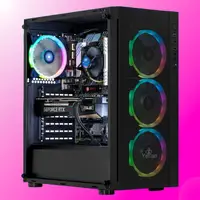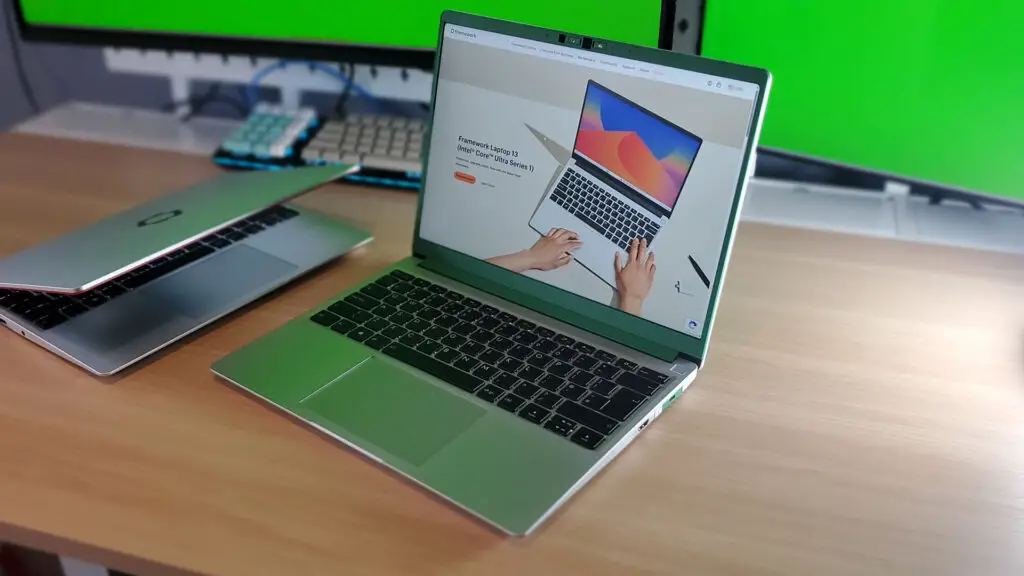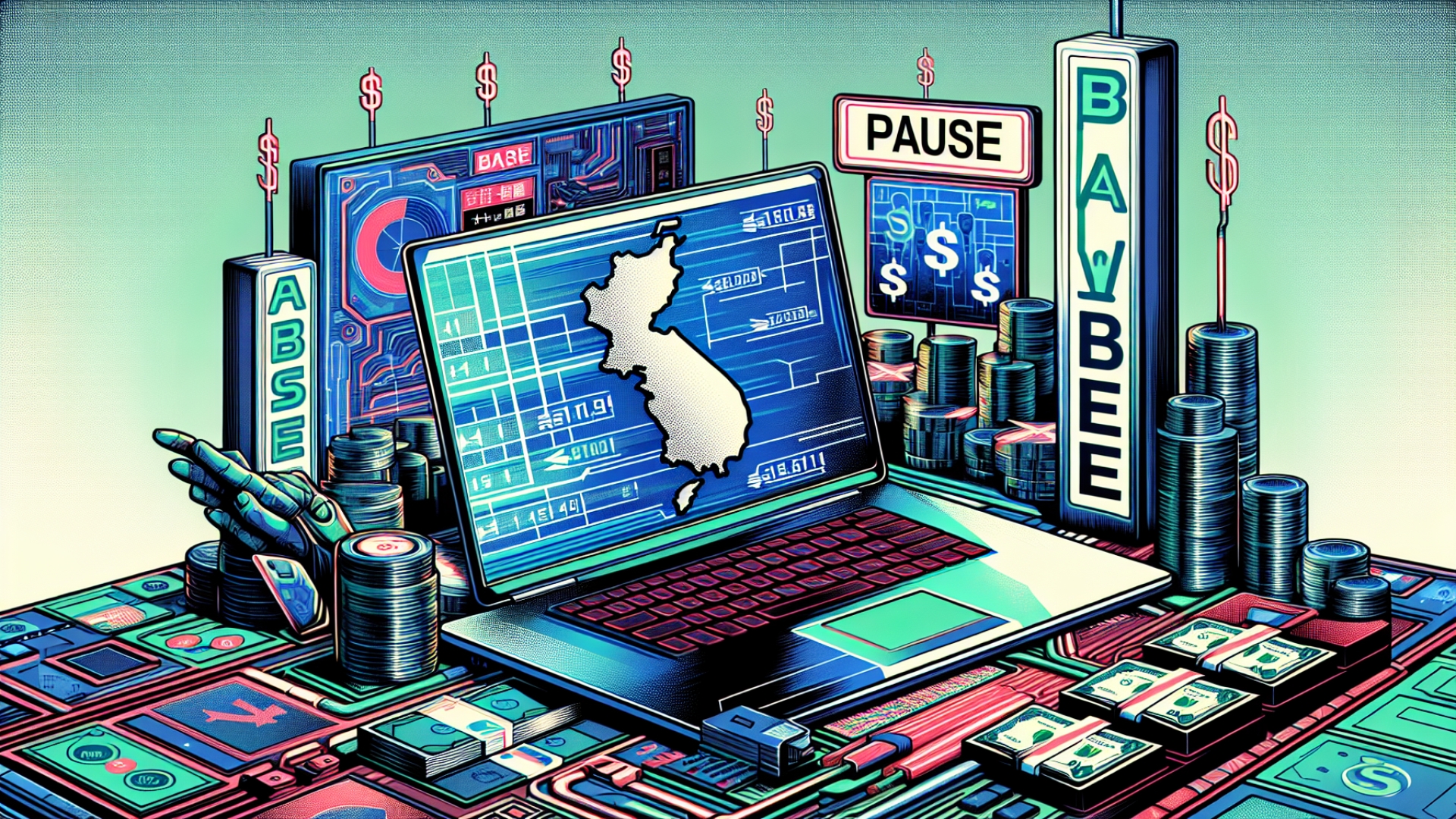The intricate dance of global trade and technology has hit a new snag, with recent tariffs, reportedly stemming from Trump-era policies, sending ripples through the hardware industry. This past week, the impact became palpable as both gaming giant Nintendo and the innovative modular laptop maker Framework announced unsettling order delays. Framework, known for its commitment to repairability and customization, shared via its X account the direct consequence of these new import duties: “Due to the new tariffs that came into effect on April 5th, we’re temporarily pausing US sales on a few base Framework Laptop 13 systems (Ultra 5 125H and Ryzen 5 7640U).” This development is a critical one for tech enthusiasts and professionals who rely on the latest components and devices.

Due to the new tariffs that came into effect on April 5th, we’re temporarily pausing US sales on a few base Framework Laptop 13 systems (Ultra 5 125H and Ryzen 5 7640U). For now, these models will be removed from our US site. We will continue to provide updates as we have them. April 7, 2025
Trade Measures, Taiwan’s Position, and Market Uncertainty
In a follow-up, Framework explained their decision: “We priced our laptops when import duties on imports from Taiwan were 0%. At a 10% levy, we would have to sell the lowest-end SKUs at a loss.” Taiwan is a leading producer of electronics, largely due to the presence of TSMC, the world’s largest semiconductor manufacturer. While a blanket tariff was initially imposed on all countries, these duties on imports from Taiwan have since increased to 32%.
Reports indicate that semiconductors themselves are exempt from these trade measures, but products incorporating them are not, meaning finished electronics manufactured in Taiwan will still face these increased costs. In an effort to foster dialogue with President Trump, Taiwan has not imposed any reciprocal tariffs. This situation creates considerable market uncertainty for companies that depend on Taiwanese manufacturing.
Framework’s Product Availability and Pricing Adjustments
This prevailing uncertainty is why Framework has announced only a temporary pause on US sales for certain models, holding out hope that these products may eventually return to the market. Notably, the more expensive 13-inch Framework laptops have not been affected by this announcement and retain their existing prices.
Consequently, customers in the US can still purchase the Intel Ultra 7 155H model for $1,109 and the Ultra 7 165H for $1,509. Preorders for Ryzen AI chip models also remain available, including the AI 5 340 model for $899, the AI 7 350 for $1,229, and the AI HX 370 for $1,659.

The Intel model that is no longer available (Ultra 5 125H) was sold for $799 as of March 31, while the paused Ryzen 5 7640U model was priced at $749 on the same date. Currently, the most affordable way to obtain an Intel prebuilt model is by opting for the Ultra 7 155H, which costs nearly $400 more. However, it is still possible to acquire the Ryzen 5 7640U with a 2K display for $899, an increase of $150 from its previous base configuration price.
Framework’s candor in this complex situation is particularly noteworthy, especially in an industry where such financial impacts are often quietly absorbed or passed on without clear explanation. The company stated, “Other consumer goods makers have performed the same calculations and taken the same actions, though most have not been open about it.” Many manufacturers shipping to the US are likely reassessing their product costs as discussions around these import taxes continue. It is probable that Framework will not be the last company to issue a public statement regarding these economic pressures. Since announcing the sales suspension, Framework’s only subsequent communication has been a meme humorously complaining about tariff-induced headaches.
pic.twitter.com/fhe8gNkZM4 April 8, 2025
As these trade winds continue to shift, the team at Digital Tech Explorer, led by voices like TechTalesLeo, will keep a close watch on the implications for both consumers and the broader tech ecosystem. Stay tuned for further analysis and updates on how these economic pressures are reshaping the future of hardware availability and innovation.

